Questions to Ask Before Your Septic Tank Installation
Septic tanks may never be the most popular topic of conversation at a party, but they do play one of the most important roles in maintaining the cleanliness and hygiene of many homes and properties. A septic tank is a self-contained wastewater treatment system that serves as an integral alternative to those homes not connected to a municipal sewage system. According to Circle of Blue, a company that's informing people about their decisions about water, food, and energy, it's estimated that over 21 million United States households rely on septic systems with new constructions opting for it every day. These unassuming units quietly and effectively handle the disposal of all a household's wastewater, ensuring those within enjoy a clean and safe environment.
Whether you have always had a septic system and are in need of a replacement or you are adding a septic tank to your property for the first time, it's important to ask the right questions before buying a unit and proceeding with the installation. Not sure what the right questions are? Well, we're going to go through just that in the following guide to help ensure you and your family enjoy a successful and efficient septic tank installation.
1. What Size Septic Tank Do I Need?
The first step to buying any big household equipment is to determine the most appropriate size for your household. For septic systems, you will need to consider how many bedrooms you have in the home and the estimated daily water usage. There may also be local regulations that restrict how small or how large of a septic tank you can install.
You'll notice that we said to consider how many bedrooms are in your house and not how many people are in your family. That's because with septic tanks, it is important to consider who will use the system after you leave the home. So, even if you only use two out of four bedrooms, the next family that buys your home might occupy all four and will thus need a larger septic tank to hold them. So, when sizing your septic system, always size according to the house itself and not your general preferences.
2. What Type of Septic Tank Should I Install?
Septic tanks are primarily made from three different materials: concrete, fiberglass, and plastic. Understanding the differences between each material can help you make the best decision for your household.
- Concrete Septic Tanks: Concrete tanks are known for their strength and long-term durability, having shown themselves well-equipped to handle the test of time and even trauma from external forces. However, they are heavy and installation tends to be more labor-intensive and thus costs more than other types of septic systems. Concrete septic tanks will also require more periodic inspections and maintenance to check for leaks and cracks.
- Plastic Septic Tanks: Plastic tanks are significantly lighter than concrete ones and have strong insulative properties that greatly reduce the risk of cracking due to temperature fluctuations. Their lighter profile also makes them more affordable to install. Unfortunately, that same attribute also makes them prone to flotation in high-water tables so the company installing your septic system may recommend anchoring. Plastic septic systems also have a shorter lifespan.
- Fiberglass Septic Tanks: Fiberglass septic systems are lightweight like plastic ones, but they have slightly better resistance to corrosion and are much more watertight than either plastic or concrete systems. This material costs more than your other options, but it will last longer and generally requires less maintenance over the years.
3. Where Should I Install My Septic Tank?
Finding the right spot for your home's septic tank is incredibly important. With the risk of contaminating the local groundwater and nearby water bodies, you need to find a space that will ensure efficient wastewater treatment. To do this, you need to speak with a professional or company experienced in septic systems and their installation in your area. An experienced technician will use a variety of factors and measurements to help you determine the best spot on your property, including:
- Soil Type: Your soil will be tested for its composition and permeability, which is to say your septic tank installer will look at how well different soils in your yard absorb and filter wastewater. The test for this is called a percolation test and its results will help determine at what depth and where in your yard the drain field should be placed.
- Proximity to the House: It is also important to consider how far the septic tank is from the home. Keeping the tank and its piping a short distance from the home will keep your installation and maintenance costs down, but you also don't want it too close. Septic systems that are only a few feet from the home often lead to inadequate treatment and odor issues. Likewise, overall positioning may depend on city lines that have already been buried. You will need to call the city and map these out before any excavation can begin.
- Local Regulations and Environmental Considerations: Speaking of the government, some municipalities may also have specific regulations governing septic system installations. This tends to happen most in wetland areas and neighborhoods that sit near waterways or that have pertinent geographical features, such as natural sloping into sensitive areas. In such situations, local regulations will typically dictate distances from the sensitive areas as well as necessitate permitting throughout the process to further ensure a septic tank installation poses no harm to the environment or local community.
4. What Maintenance Is Required for the Septic System?
The most important type of maintenance that your septic system will need is what's known as septic tank pumping. This is a much larger type of service that's different from the normal, everyday pumping your system will do with its own pump that pushes effluent into the drain field. When a company that specializes in septic services refers to septic tank pumping, they are talking about bringing a large truck for pumping solid waste and sludge out to be dumped elsewhere. Every owner of a septic tank will need to do this as sludge and solid waste will naturally accumulate at the bottom of the septic tank. If it's not pumped out, then this waste can clog the system which will lead to a back-up into your home's plumbing and out a shower or sink drain.
A full septic tank pumping will need to be done once every three to five years, according to the United States Environmental Protection Agency. What type of material and what size you choose for your septic system will greatly determine just how frequently you'll need this big maintenance task performed. The company that installs your septic tank should also be able to regularly inspect the system to determine how full it is to know when to pump it.
Scheduling Your Big Septic System Installation Date
As you can see, the most successful septic tank installation begins with asking the right questions so that you can make the most informed decisions, and be prepared for the care and maintenance your new septic tank will need once installed. Consulting with and hiring a company experienced with septic tanks, including both installation and maintenance, is the best way to ensure your new unit operates efficiently and reliably for its maximum working lifespan. We hope that our experienced team can be your wastewater treatment partners in this! Contact us today at Reliable Septic & Services to learn more about our septic tank services and to talk to a professional about getting your tank installed, repaired, or pumped.
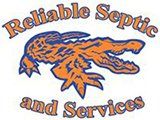
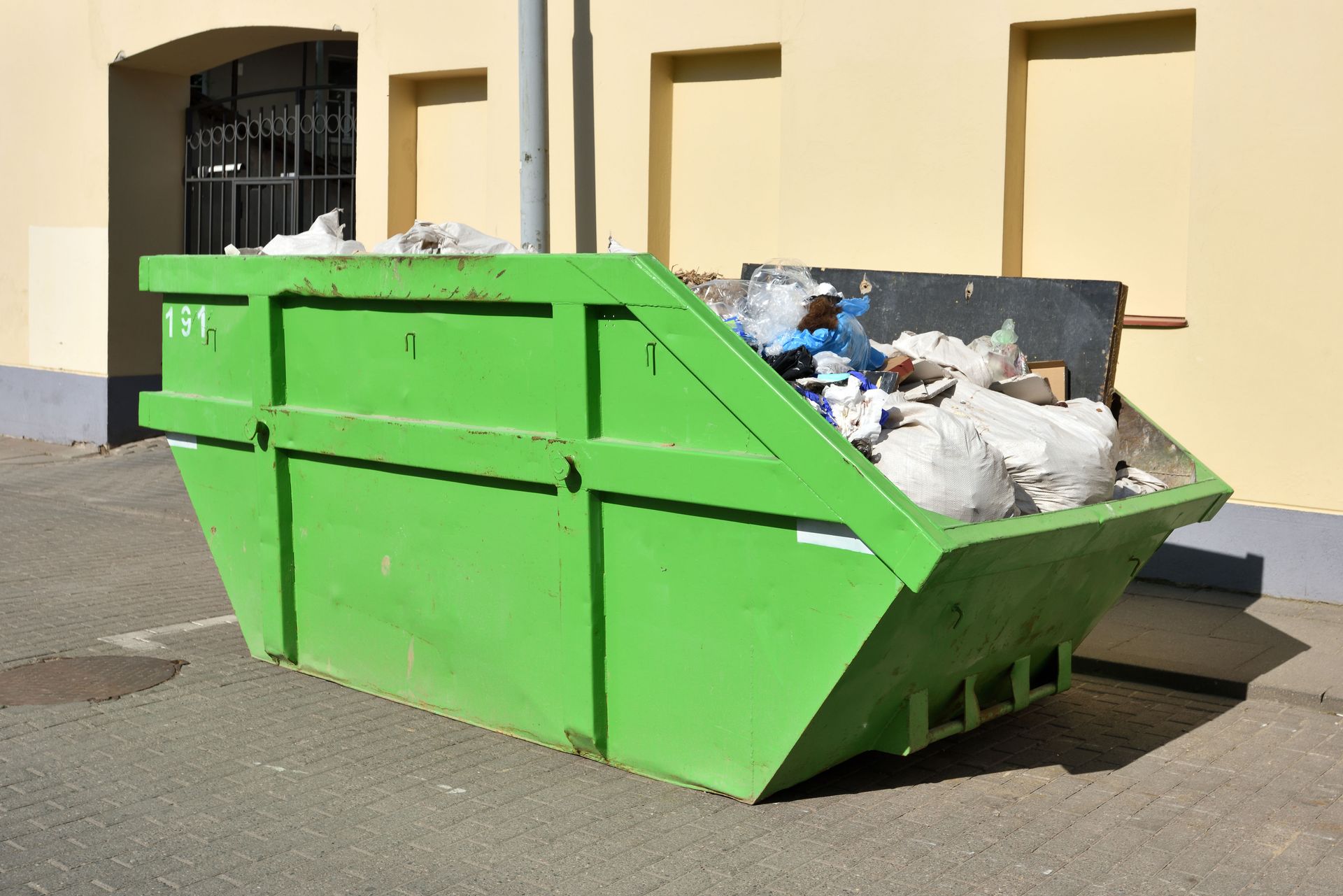
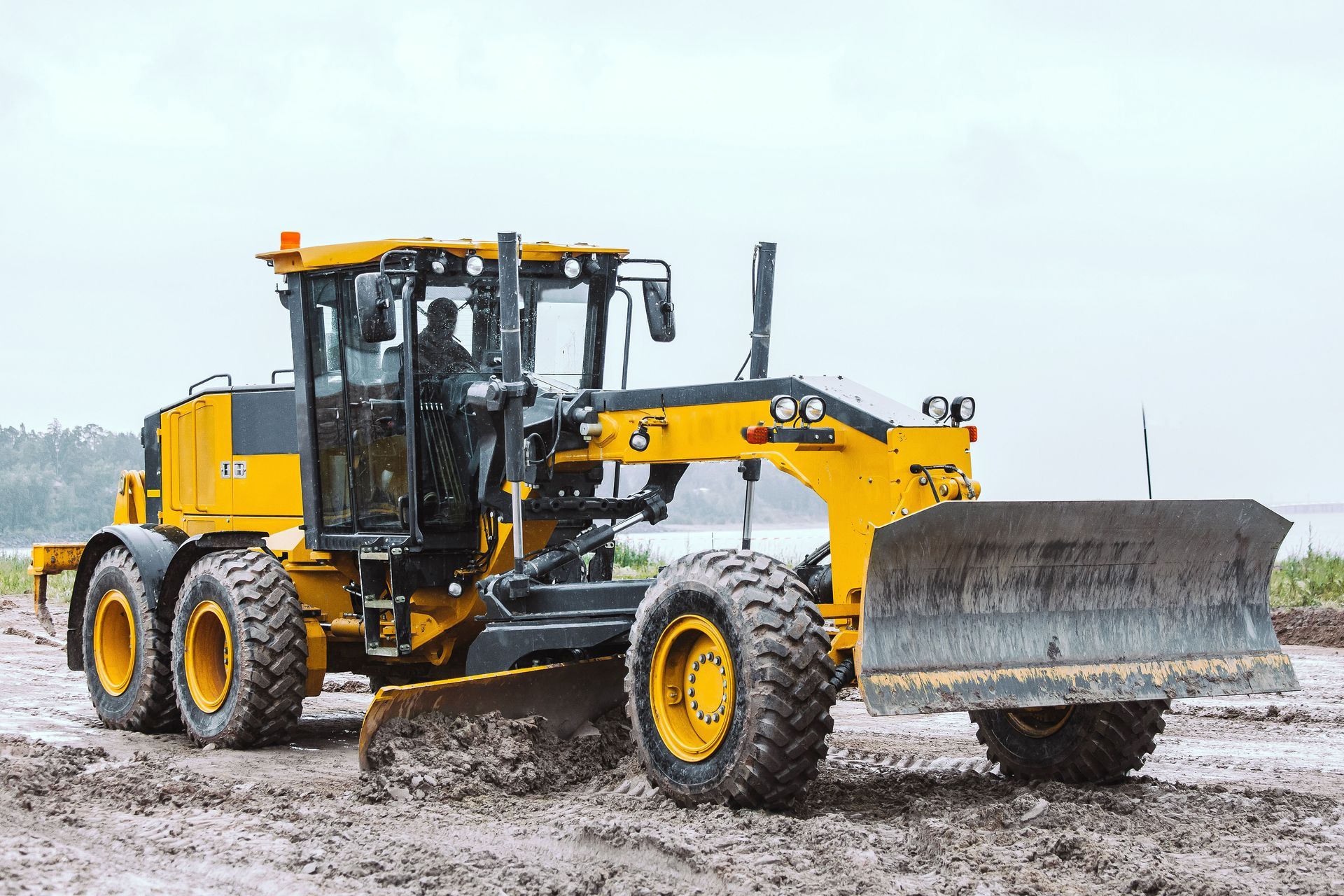
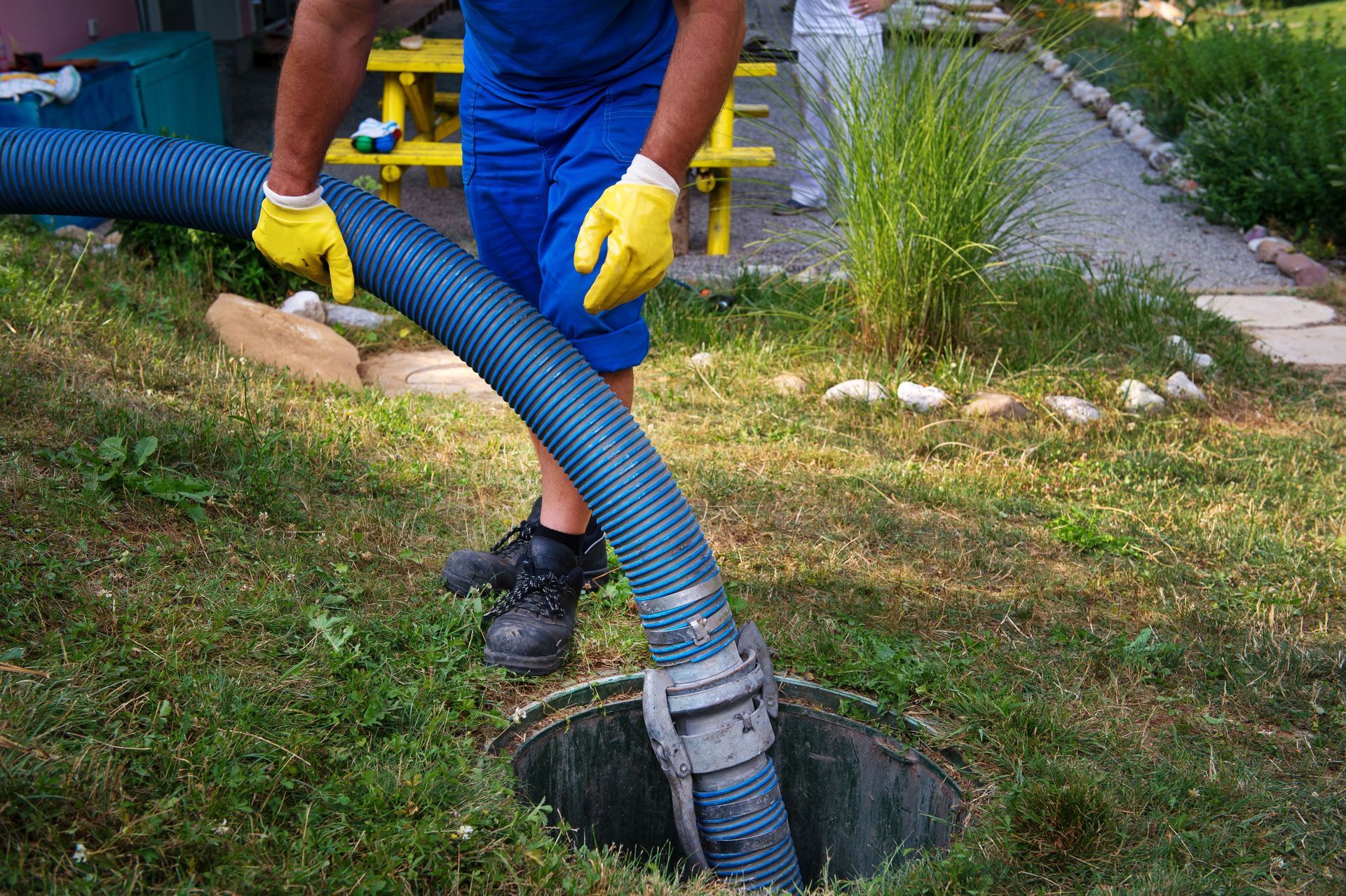
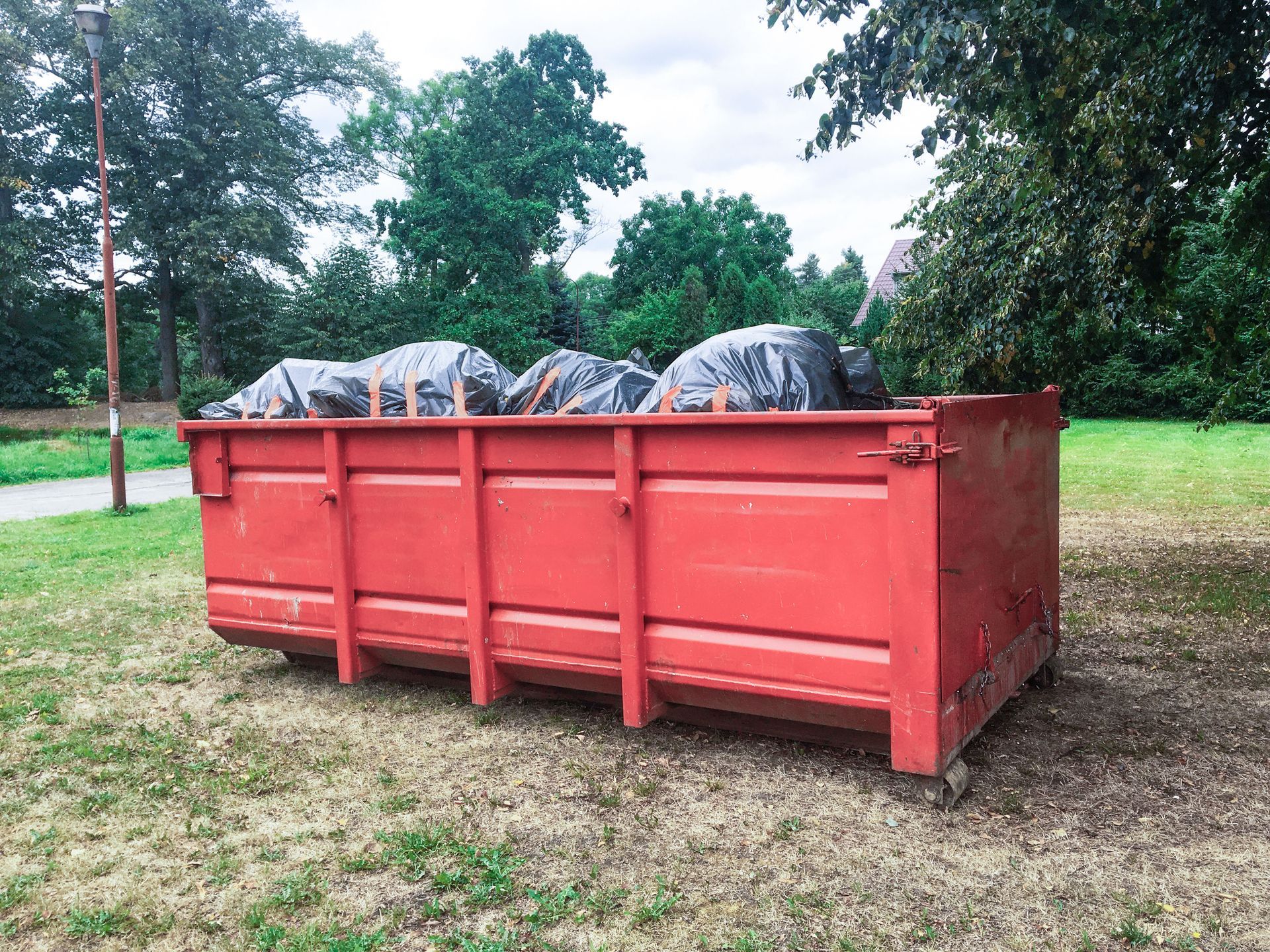
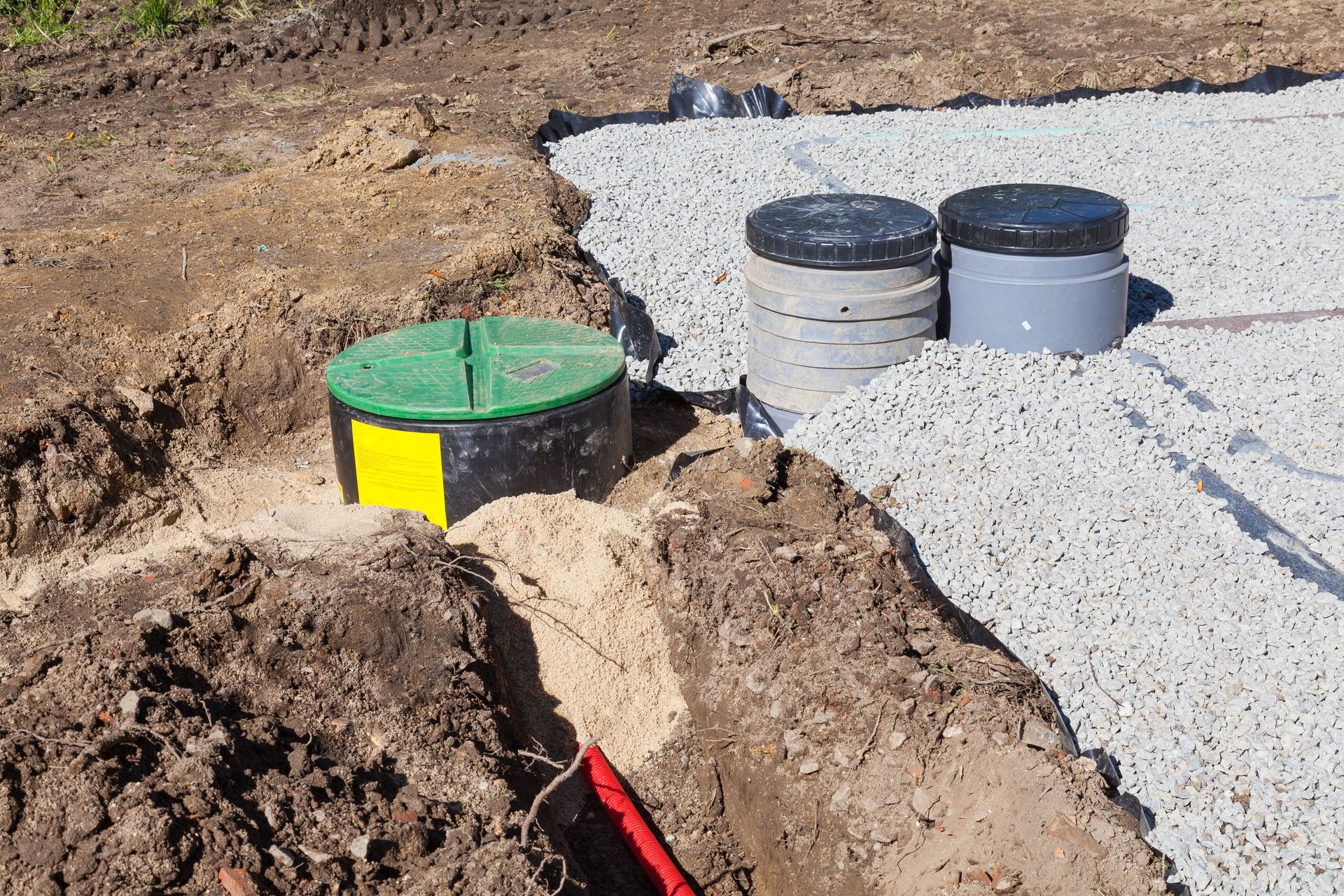

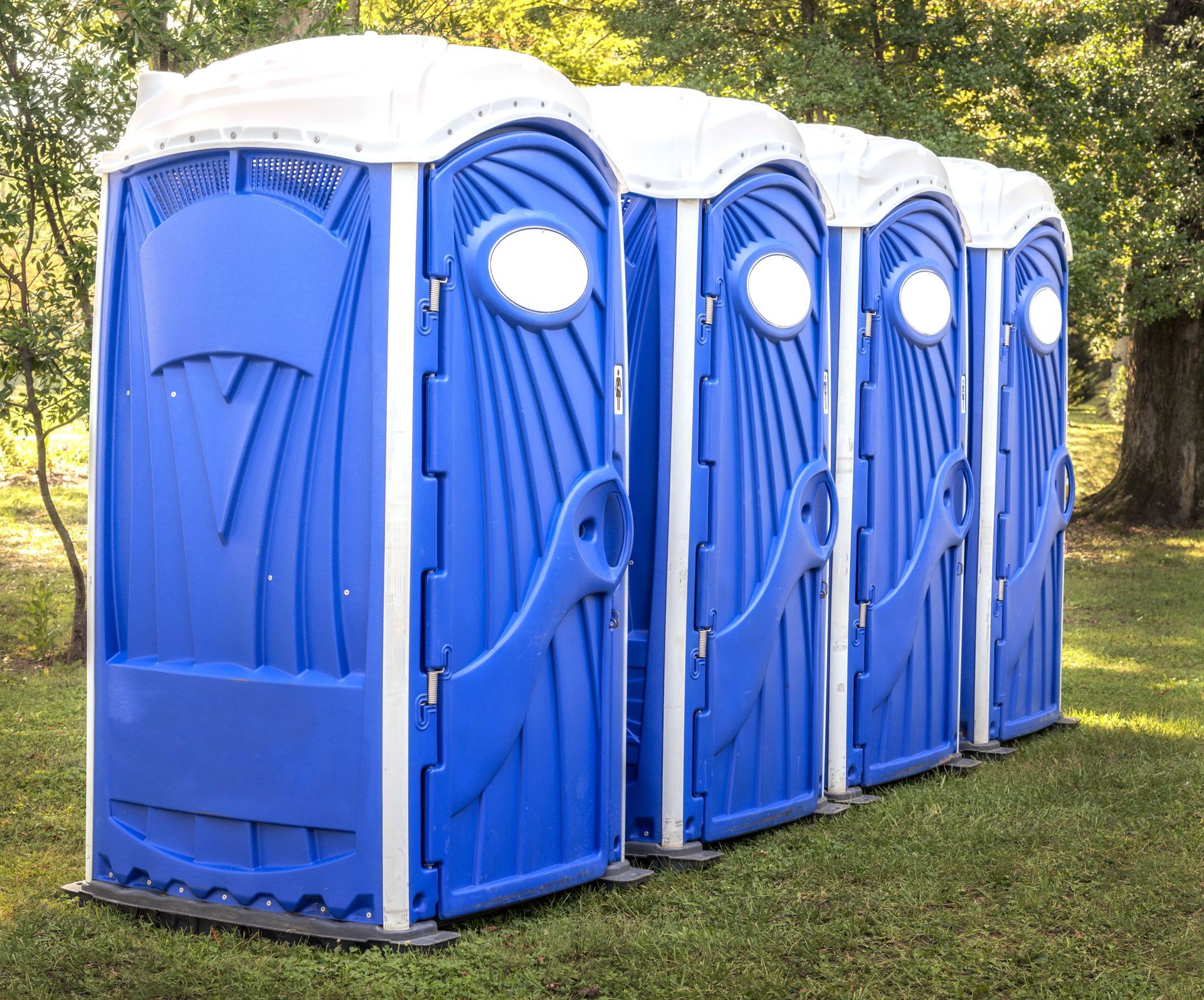
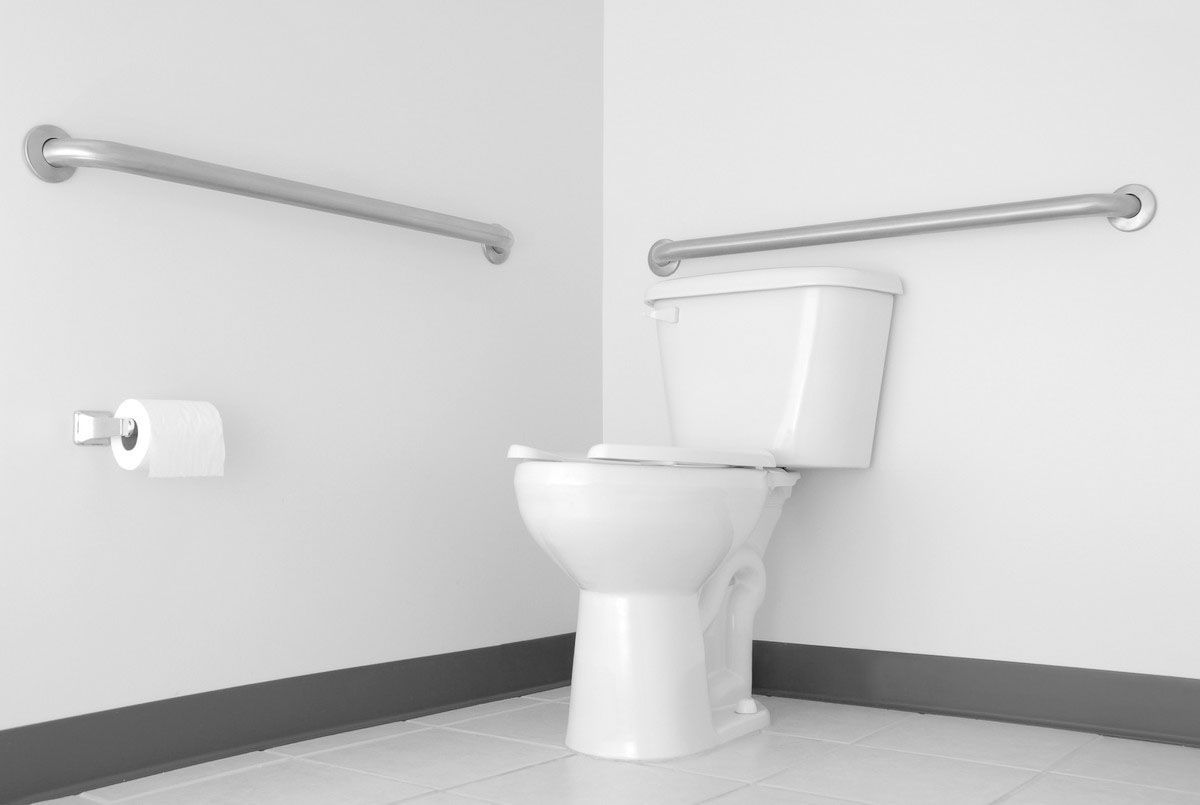
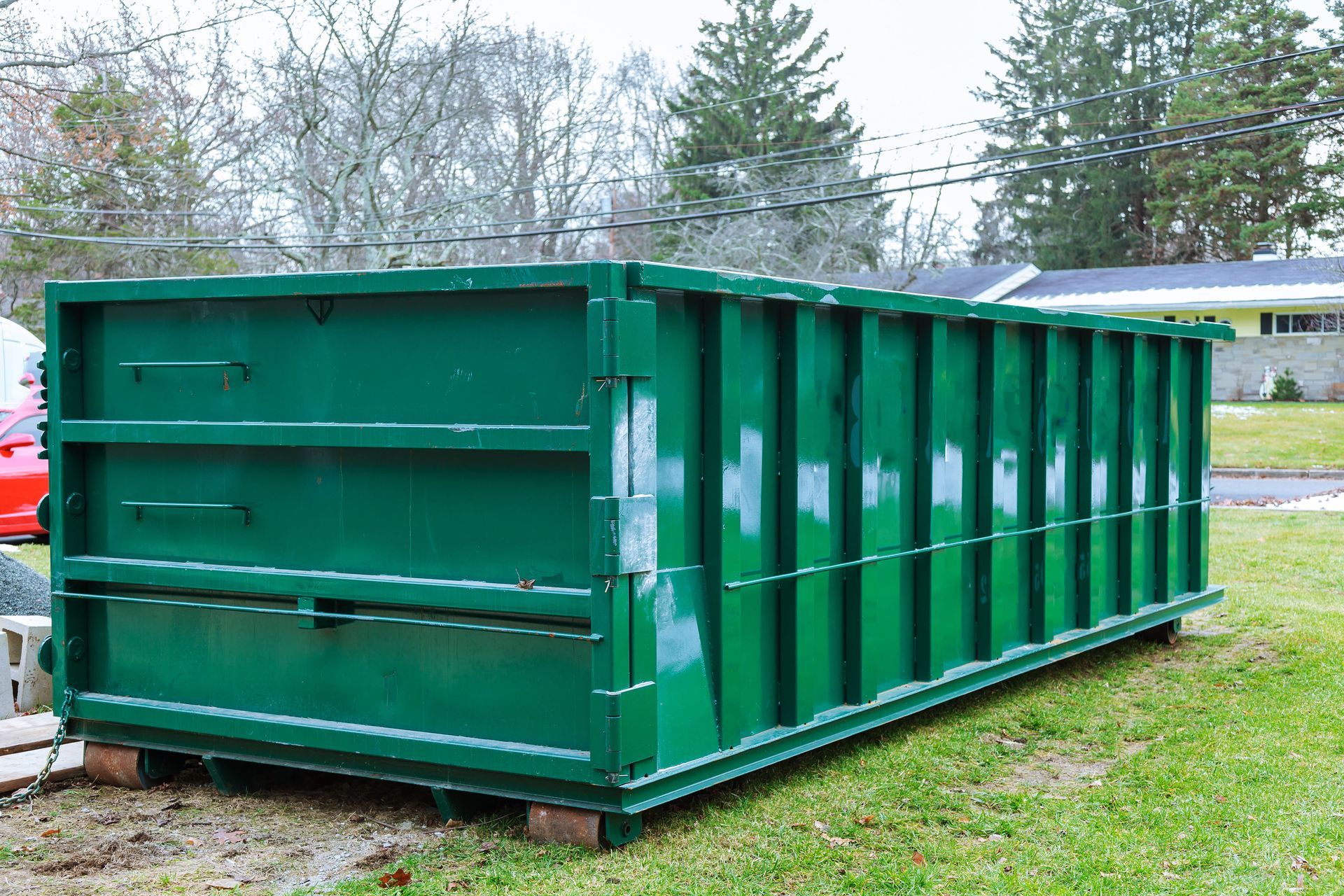
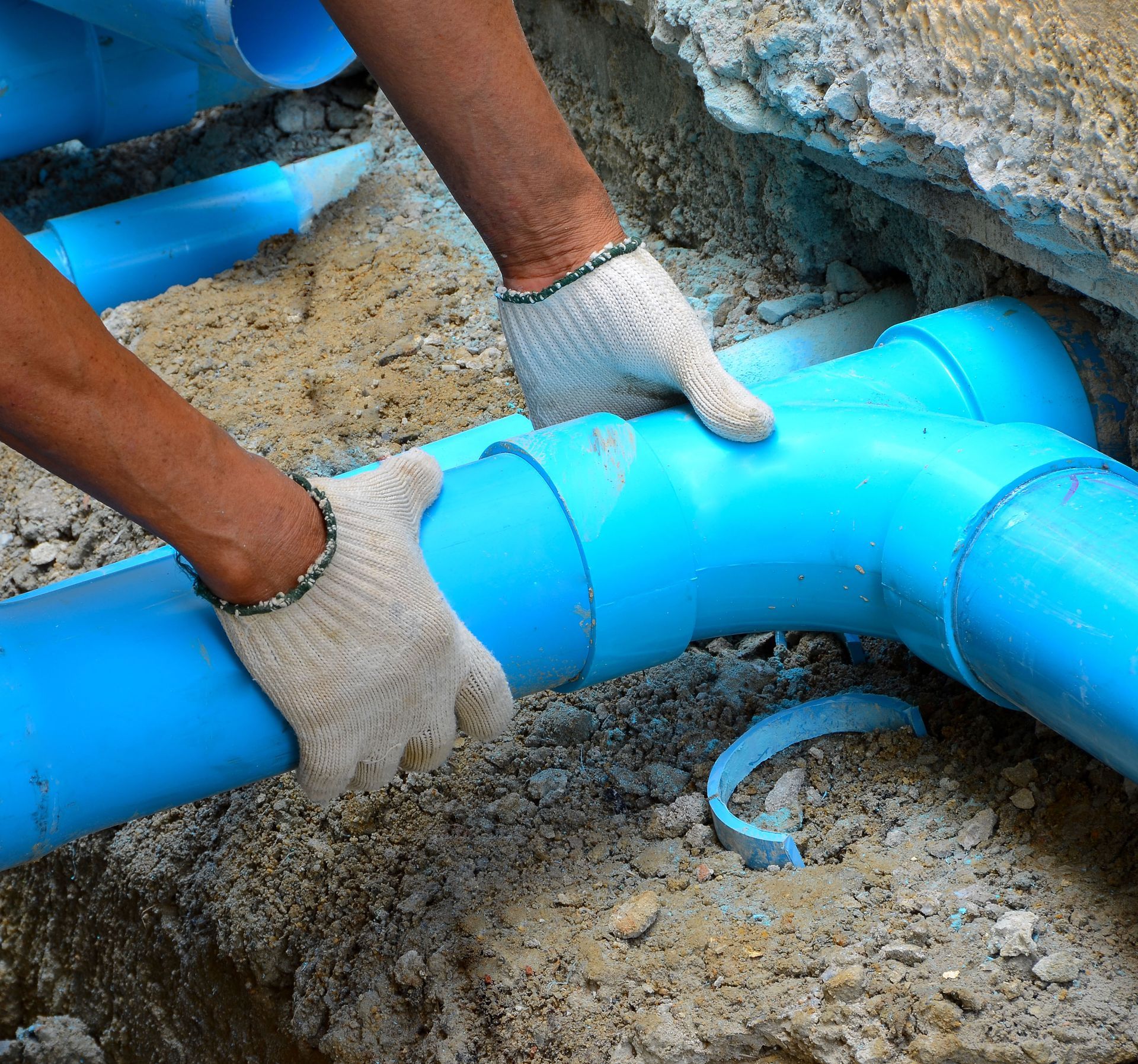
Share On: